Parents Wanted School Choice — and They Voted
The following was originally published by National Review. It can be found here.
Republican politicians are calling themselves the Parents’ Party. Parents are holding them to it.
Last year, Glenn Youngkin won Virginia’s gubernatorial election by riding a wave of parental discontent over district schools that were failing to open for in-person instruction, be transparent about radical curricular materials, or even keep kids safe. Youngkin promised to make schools more accountable to parents and to enact policies that give parents more choices among schooling options.
Governor Youngkin’s victory owed much to the playbook used by Ron DeSantis in the 2018 race for governor of Florida. DeSantis made school choice a centerpiece of his campaign, and voters rewarded him. In a race decided by fewer than 40,000 votes, his unusually high level of support among black women (18 percent, or about 100,000 votes), who chose him over an anti–school choice black Democrat, Andrew Gillum, proved decisive.
The source of this support was likely related to the state’s tax-credit scholarship policy, which empowers more than 100,000 low- and middle-income students to attend the schools their families choose. Gillum backed a lawsuit that threatened to eliminate it. DeSantis promised to defend and expand it. The rest is history.
In the wake of these victories, Republicans began wrapping themselves in the mantle of parental rights and school choice, but the fulfillment of their promises has been mixed. States such as West Virginia and New Hampshire enacted bold new education-choice policies in 2021, while Florida, Indiana, and more than a dozen other states expanded existing choice policies.
Nevertheless, choice initiatives stalled this year in Georgia, Idaho, Iowa, Oklahoma, and Utah, with some Republicans casting the deciding votes. Voters have started to take notice.
For Republicans, school choice has emerged as a litmus-test issue on par with being pro-life. Indeed, GOP primary voters in Texas displayed higher support for a pro-school-choice ballot proposition (88 percent) than a pro-life one (83 percent). Likewise, recent polling of Republicans in Oklahoma found even higher levels of support for school choice (78 percent) than for pro-life policies (68 percent).
In recent primaries, GOP voters threw their support to candidates who supported choice, even if it meant tossing out otherwise conservative incumbents.
School choice was the clear dividing line for many primary runoff races in Texas. Representative Phil Stephenson, an incumbent backed by the teachers’ union, lost to school-choice supporter Stan Kitzman, who secured 58 percent of the vote despite spending less than half of what his opponent spent on the campaign, according to Transparency USA data. Likewise, school-choice champions Ellen Troxclair and Carrie Isaac both defeated candidates who were endorsed by the Texas affiliate of Randi Weingarten’s American Federation of Teachers.
In all, eleven of 14 Texas House of Representatives candidates endorsed by the pro-school choice Texas Federation for Children PAC won their primary runoffs.
In nearly all these races, the losing candidates toed the party line on key issues such as abortion, gun rights, and taxes. The primary issue where they diverged from their party platform — and their electoral base — was their opposition to school choice.
The results in Texas appear to be part of a nationwide trend. Last month in Kentucky, an incumbent known to be the leading opposition to school choice in the Republican caucus, Representative Ed Massey, suffered a devastating primary defeat by school-choice champion Steve Rawlings, who garnered 69 percent of the vote despite being significantly outspent.
Candidates endorsed by American Federation for Children Action Fund and its affiliates won their primaries or advanced to runoffs in 38 of 48 races in Texas, Arkansas, Idaho, Georgia, and Nebraska so far this year.
Some Republican governors are working to hasten the trend. After the Iowa legislature failed to pass her proposal for K–12 education savings accounts, Governor Kim Reynolds endorsed multiple pro-school choice candidates — including, in a rare move, some who are challenging anti-choice incumbents.
Any party that wants to benefit from the moniker “the Parents’ Party”would be wise to demonstrate its commitment to empowering families with more educational options.
Last year, a quarter of voters in Virginia said that education was the issue that mattered most in their choice of governor. Earlier this year, a RealClearOpinion poll found that 72 percent of registered voters nationwide supported expanding education choice, including 67 percent of independents, 68 percent of Democrats, and 82 percent of Republicans.
Parents are already taking notice. Although an April poll found only a three-point advantage for Republicans in congressional races overall, they boasted a whopping 28-point advantage with parents of children under the age of 18 (60 percent to 32 percent).
Parents want more education options. It is time for elected officials to stand and deliver.
Mr. DeAngelis is the national director of research at the American Federation for Children. Mr. Bedrick is a research fellow in the Center for Education Policy at the Heritage Foundation.




